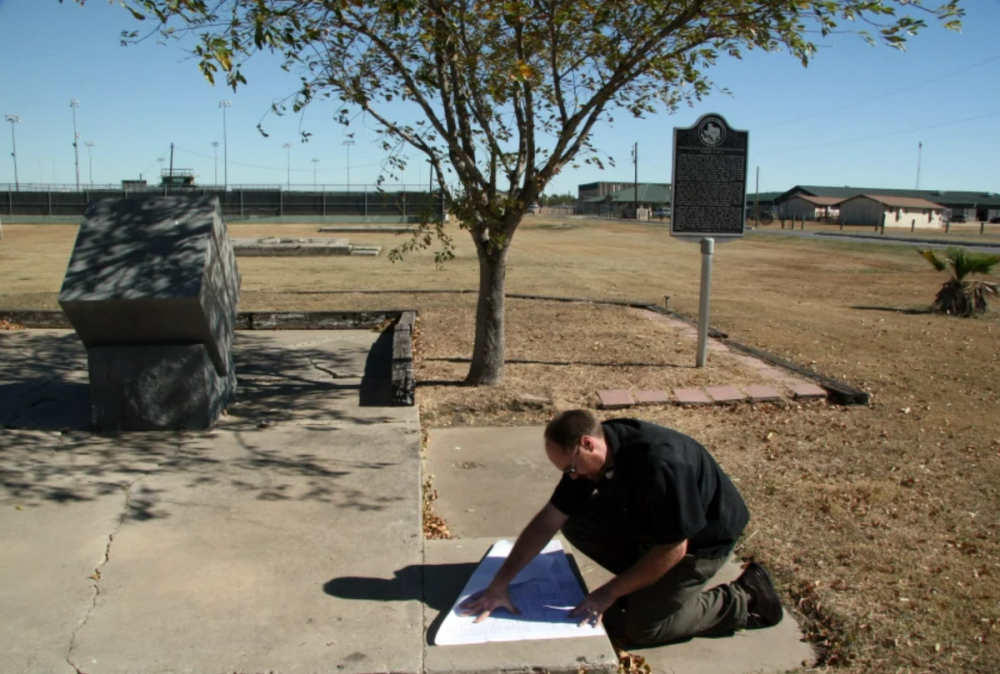News
Los Angeles Times: Japanese from Latin America, forced into U.S. wartime incarceration camps, fight for full reparations

By Anh Do/Los Angeles Times
At age 7, Libby Yamamoto came home from a sleepover to find that her father had been taken away by the village police in their Peruvian town.
It was 1943, and as World War II raged, mounting numbers of Japanese in her country were also rounded up by authorities.
The U.S. government had ordered the operation, citing “hemispheric security,” according to historians and accounts from survivors.
The previous year, President Franklin Roosevelt had authorized the relocation of people deemed to pose a threat to national security, resulting in the mass incarceration of more than 120,000 people of Japanese ancestry.
…
Phil Tajitsu Nash, lecturer and co-founder of the Asian American Studies Program at the University of Maryland, said many young people have never heard about this “horrible” chapter of World War II history.
“We’re doing this to vaccinate a new generation against the deadly virus that is racism,” he said. “It’s a virus that’s been around before COVID and will stay after COVID — and the timing’s optimum,” said Nash, also a co-president of the Asian American Legal Defense and Education Fund.
